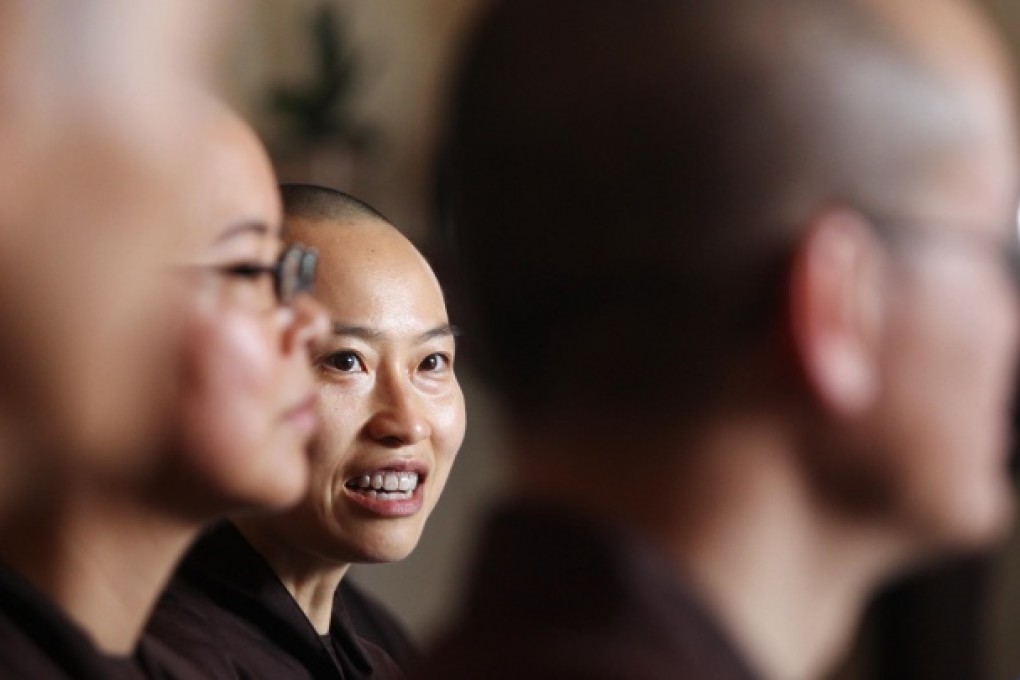Hongkongers just want to be heard, says eminent Buddhist monk Thich Nhat Hanh
You can stop one protest for a time, but you can't stop another one from starting up if you don't deal with the problem, says an eminent Buddhist monk.

You can stop one protest for a time, but you can't stop another one from starting up if you don't deal with the problem, says an eminent Buddhist monk.
"There are people who have not been heard, which leads to problems," said Phap Kham, head of the Hong Kong branch of Buddhist centre Plum Village, set up by renowned monk Thich Nhat Hanh.
"Protests are just a manifestation of unhappiness inside. They are only symptoms. There should be a way for people's voices to be heard in a peaceful way."
Phap Kham, who immigrated to the United States from Vietnam, has headed the Hong Kong centre for Applied Buddhism Studies and Practices in the Tradition of Thich Nhat Hanh and Plum Village since 2008.
He said the city's social unrest had to do with people's voices not being heard, and that there was no communication between the government and its people.
"Policies should be made to meet people's needs, but sometimes policies are made without meeting needs," he said.
"When the people speak out, does [the government] make an effort to listen? If they are heard, then there wouldn't be more protests. Protests are a way of saying 'we need to talk'."